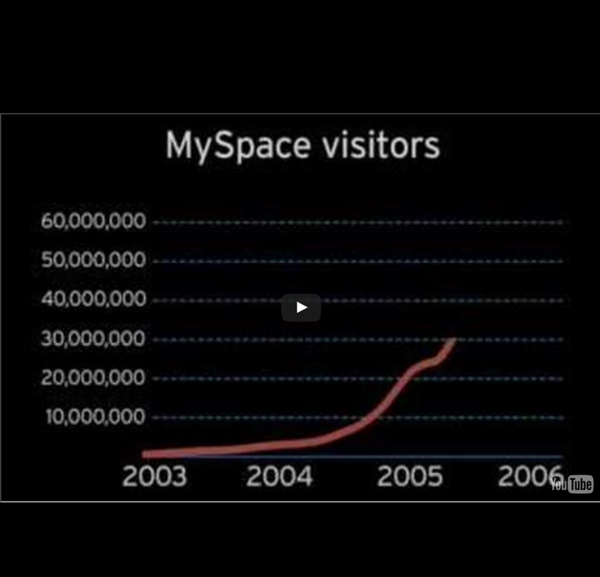



Seth Godin Los editores españoles van a equivocarse con el ebook - eConectados Hoy leo con asombro un artículo de El País con opiniones y planes de los editores de libros españoles. Y digo con asombro porque pensaba que ya tenían la ruta fijada y sabían cómo no equivocarse, pero veo que tanto editores como libreros van a seguir con el “pan para hoy y hambre para mañana“. Para empezar los versos con los que ha felicitado la Navidad la editorial Edhasa: Virgencita, Virgencita, nuestra señora lectora, líbranos de todo mal, haznos llegar a la hora con el libro digital. Ahora, tres hechos de Estados Unidos: Por cada 100 ejemplares del último libro de Dan Brown vendidos en papel en Amazon se han descargado 120 en versión electrónica.El día de Navidad Amazon vendió más libros en versión electrónica que en papel.El Kindle ha sido el producto más vendido de la historia de Amazon en estas Navidades. Y ahora varias opiniones de editores españoles que muestran su ignorancia y el no ver que es mejor salir del barco ya antes de que salgan las ratas.
Sens du client - Le blog des professionnels du marketing client et de la relation client Internet también crea marginados · ELPAÍS.com En la revolución de Internet, que hoy en día llega a los teléfonos móviles, a las pantallas de televisión y hasta a los aviones, una buena parte de la población se ha quedado rezagada. Hay ancianos que no entienden lo que es un navegador web. Existen zonas empobrecidas, rurales y urbanas, que no disponen del cableado necesario para ofrecer banda ancha. Y hay jóvenes que dominan a la perfección los programas de chat y las redes sociales pero no saben cómo mandar un currículo en condiciones a través del correo electrónico. Richard Brock es uno de ellos. En EE UU, las diferencias son más acusadas según la raza y el origen Los ancianos son, en cambio, los que más necesitarían evitar papeleos y colas Algunas empresas de luz o telefonía cobran por enviar la factura en papel Hay centros sociales que han empezado a dar cursos para los 'sin techo' de la Red Varias iniciativas han llevado Internet a sitios como Entasopia, en Kenia "Es desigualdad económica, lo de siempre", afirma Ken Eisner del 51%.
E-marketing : Actualité marketing, marques, communication, agences, publicité Satélite : pensamiento racional para todos Creo que era diciembre, lo que sí recuerdo es que hacía mucho frío. Me iba a encontrar con dos personas que no conocía pero que me apetecía un montón descubrir: estaban impulsando una revista gratuita para poner al alcance de la mayoría el pensamiento racional y mediante un lenguaje normal ayudar a cualquiera a entender la ciencia y la tecnología que nos envuelve. No sé porqué, me recordó los tiempos de El Viejo Topo (que por cierto, ha vuelto). El periódico se llama Satélite, y está impulsado por un grupo de activistas culturales que no tienen el apoyo de ninguna empresa ni de ninguna administración. Habíamos quedado porque querían entrevistarme, y el resultado de ese encuentro ha sido publicado hoy en el número 3 de Satélite. “El que digitalizó la música no era consciente del mazazo que le daba al negocio” Son fechas navideñas, hace un tiempo de perros y buscamos una cafetería en la que refugiarnos. Hablamos de cambios… … de propiedad intelectual y autoría… … de nativos digitales…
E-commerce Mag, le site du e-commerce et de la vente à distance - ecommercemag.fr New Rules for the New Economy ...vision of how information technology will invert the expected order. He writes: "The time may come when most tax lawyers are replaced by expert systems software, but human beings are still needed--and well paid--for such truly difficult occupations as gardening, house cleaning, and the thousands of other services that will receive an ever-growing share of our expenditure as mere consumer goods become steadily cheaper." Actually we don't need to wait for the future. Recently I had to hire two different freelancers. One sat in her office moving symbols around. My argument is that great gardeners will be high-priced not only because they are scarce and exceptions, but also because they, like everyone else, will be using technology to eliminate as much of the tedious repetitive work as possible, leaving them time to do what humans are so good at: working with the irregular and unexpected.
PRISMES CONSULTING